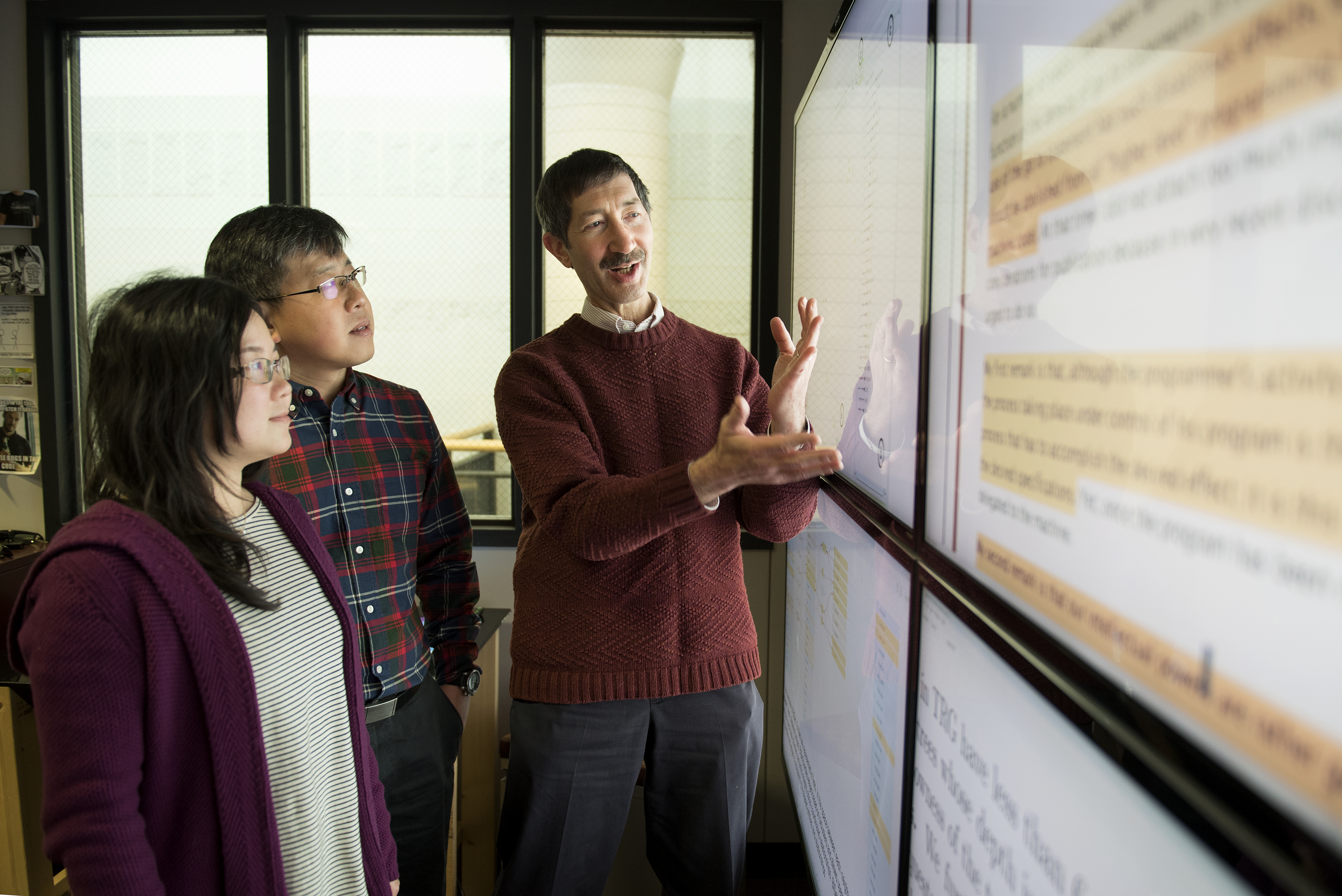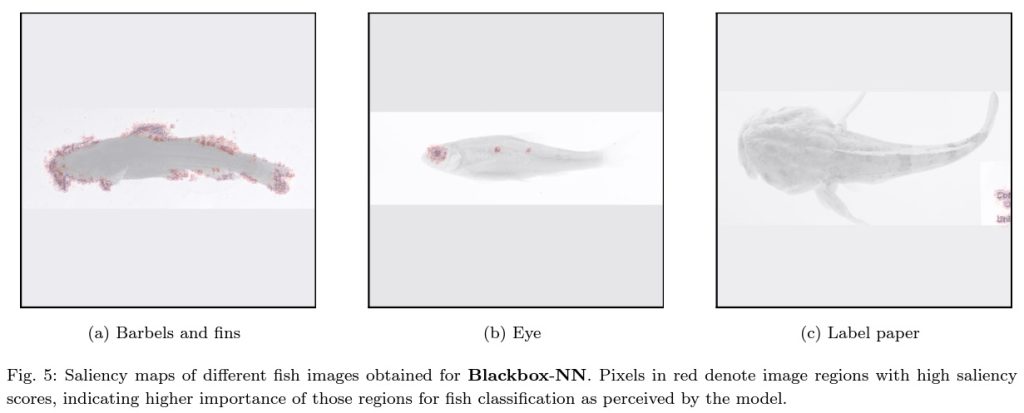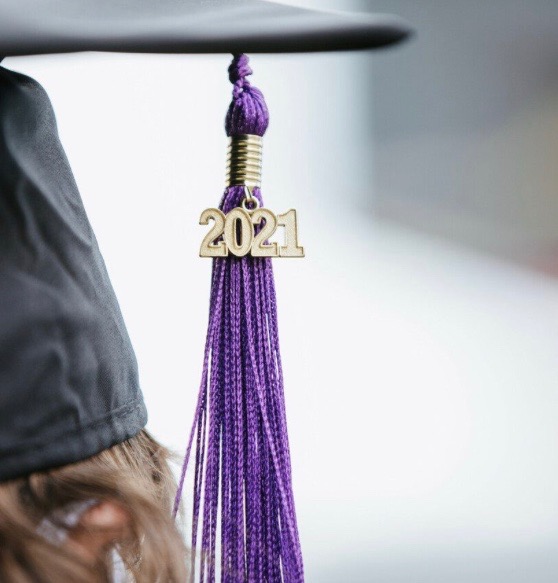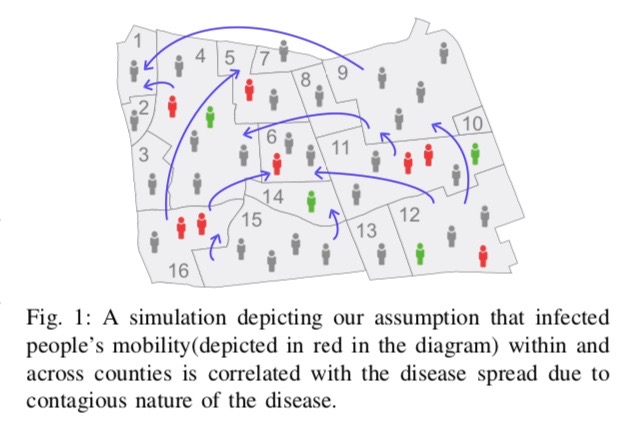Virginia Tech and Amazon establish machine learning research partnership

Virginia Tech and Amazon are partnering to advance research and innovation in artificial intelligence and machine learning. The Amazon – Virginia Tech Initiative for Efficient and Robust Machine Learning will include machine learning-focused research projects, doctoral student fellowships, community outreach, and an establishment of a shared advisory board.
“This partnership affirms the value of our connection to Amazon as we scale up project-based learning and research programs in artificial intelligence and machine learning,” said Virginia Tech President Tim Sands. “Building Virginia Tech’s strength and expertise in these fields will support critical technological advancements and our commitment to fuel workforce development in the commonwealth.”
“We are delighted to collaborate with Virginia Tech in launching this new initiative which brings together the top talent in our two organizations in a joint mission to achieve ground-breaking advances in robust machine learning,” said Prem Natarajan, vice president of Alexa AI – Natural Understanding at Amazon. “The proximity of this initiative to Amazon’s HQ2 will catalyze research efforts that leverage the depth of talent in the Northern Virginia area to address some of the most pressing challenges in AI.” To learn more about the initiative which will be housed in the College of Engineering and led by Sanghani Center for Artificial Intelligence and Data Analytics researchers, read full story here.









